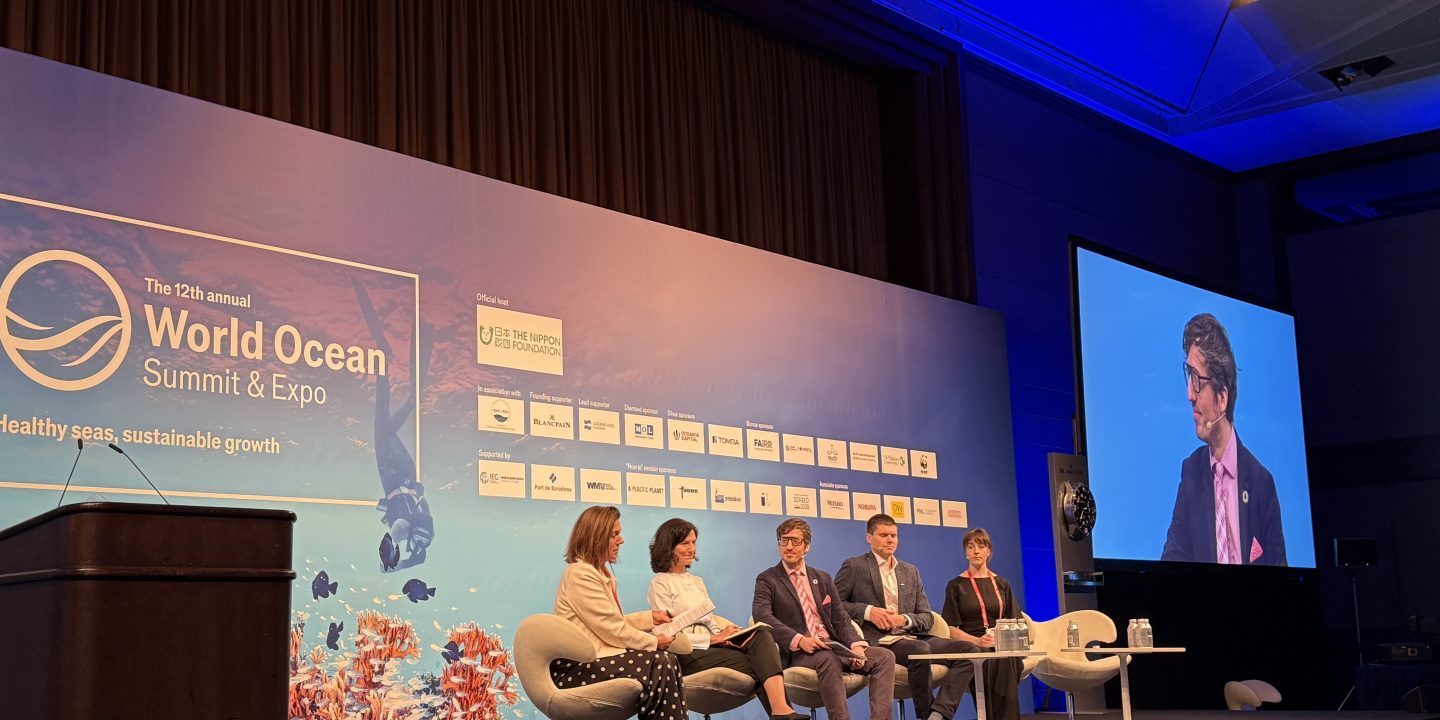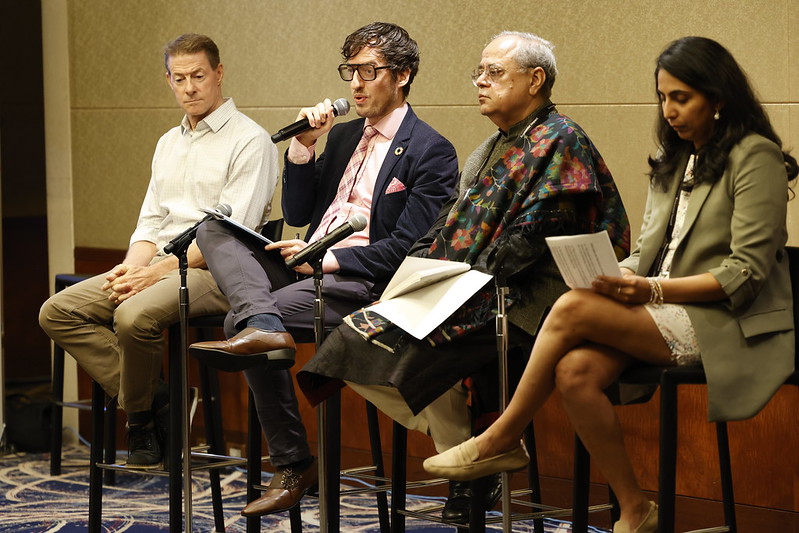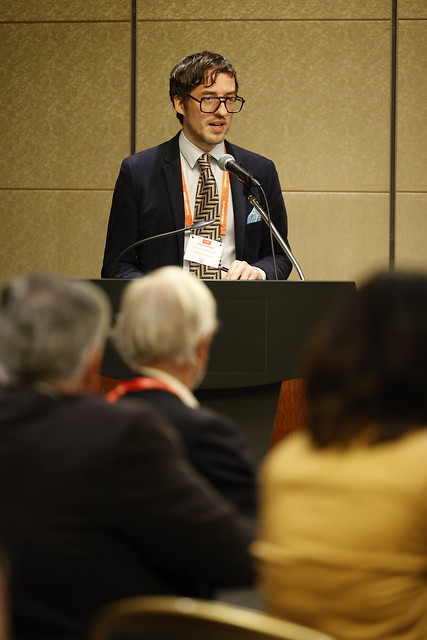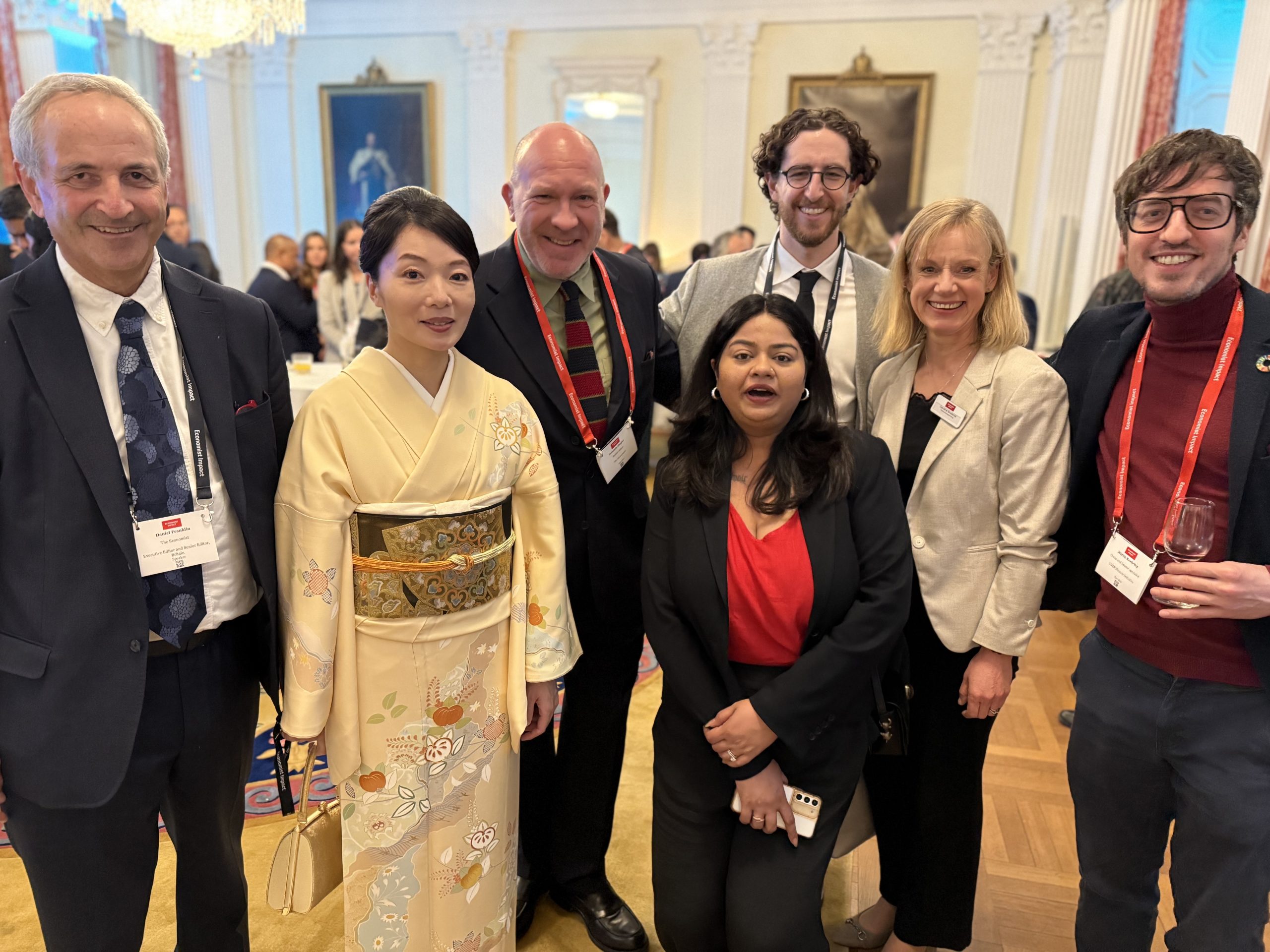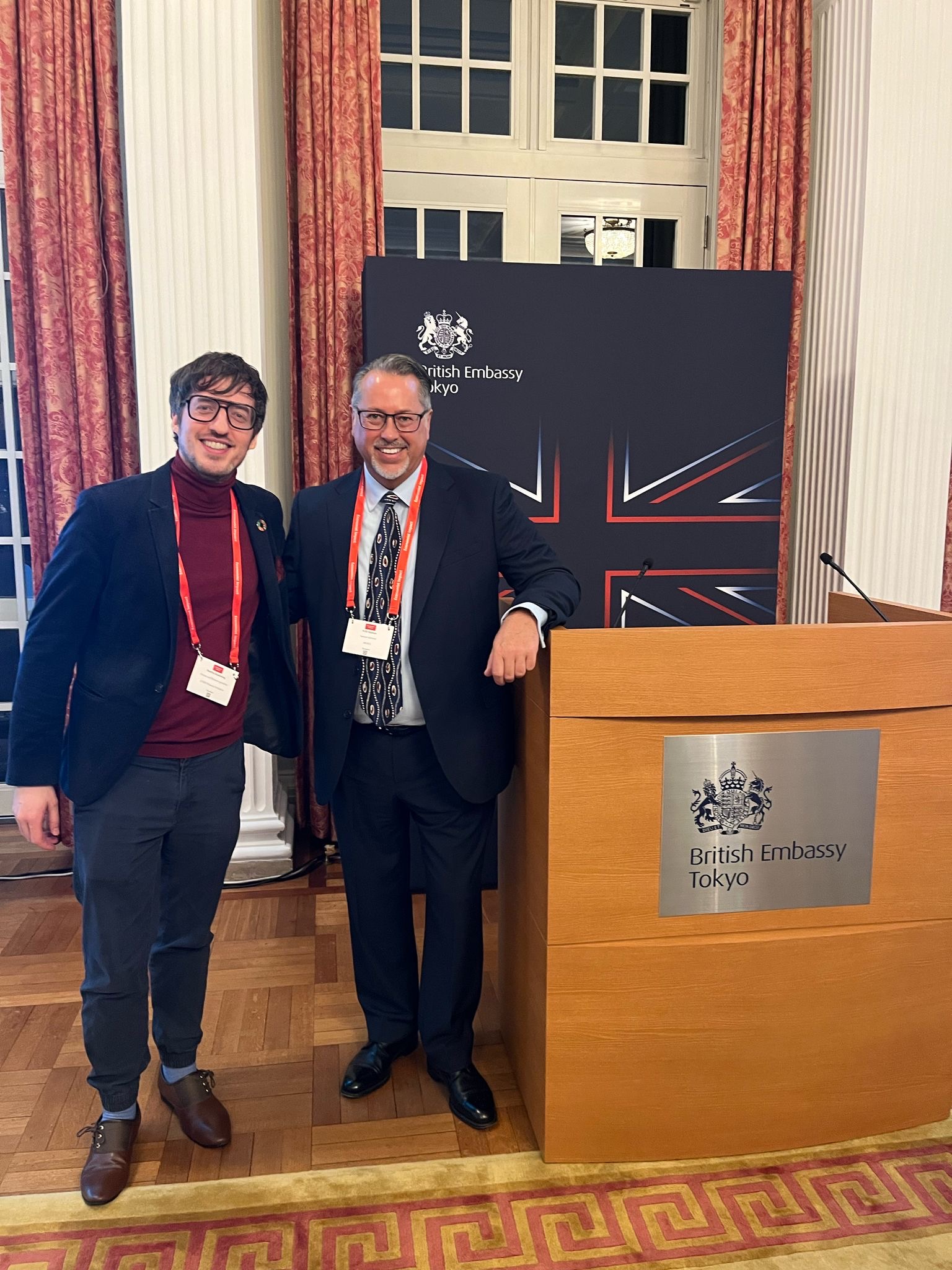Great to be back in Tokyo for Economist Impact’s 12th annual World Ocean Summit & Expo.
🌊 I joined a panel on “The zero-pollution ocean: risk and opportunities” with fellow speakers Jennifer Black from the World Benchmarking Alliance, Oliver Tanqueray from CDP and Kimberly Mathisen from HUB Ocean as well as moderator Jessica Brown. Great to see UNESCO and UN Environment Programme developing a proposed UN Ocean Decade Programme on A global ocean free from the harmful impacts of pollution by 2050, aligned with Back to Blue, an initiative of Economist Impact and The Nippon Foundation. The panel also explored how ocean pollution-related pressures and impacts present material risks for business and financial institutions.
🌊 I also spoke during a session on “How to drive solutions for the success of the Global Plastics Treaty” with fellow speakers Gargi Pareek from TOMRA, Atul Bagai (formerly at the UN Environment Programme), and Doug Woodring, founder and managing director of the Ocean Recovery Alliance as well as moderator Chloe Dubois from the Ocean Legacy Foundation. The workshop explored ways to design policy frameworks that incentivise waste reduction, support circular economy models and strengthen global supply chains. There are science-based, actionable guidance and tools that can help companies and financial institutions integrate ocean pollution considerations into financial decision-making, for example UNEP FI’s Diving Deep guidance on waste prevention and management. Meanwhile, financial institutions can lead an ambitious agenda to help end plastic pollution and contribute to the development of the global plastics treaty, for example via the Finance Leadership Group on Plastics.
🌊 I also moderated a session on “How to shape global standards for blue data, technology and capacity building” with speakers Vicki Ferrini, PhD from Seabed 2030, Amon Kimeli from Kenya Marine and Fisheries Research Institute, Borre Pedersen from KSAT Kongsberg Satellite Services, and Jyotika Virmani from Schmidt Ocean Institute. The session discussed how multi-directional data and capacity-sharing can create collective benefit. We also heard how thinking global and acting local is critical, exemplified by Seabed 2030 and the WIObathy project in the Western Indian Ocean Region. Boosting ocean data literacy and data partnerships, for example via the Ocean Decade Alliance, is crucial. The entire suite of ocean data collection can be more efficient and cheaper through permits and a complete and openly available higher-resolution seafloor map.
💡For more details about UNEP FI’s Sustainable Blue Economy Finance Initiative have a look here.

